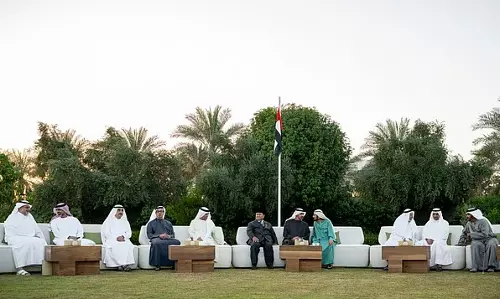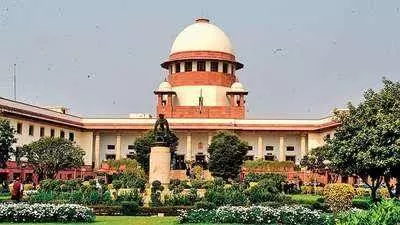
SC invokes 'extraordinary power' to settle years-old case under SC/ST Act
text_fieldsNew Delhi: Following a compromise between the two parties involved in a case, the Supreme Court has invoked 'extraordinary powers' granted to it under Article 142 of the Constitution in order to set aside proceedings against a man for using casteist slurs during an argument. The bench consisting of CJI NV Ramana, Justice Surya Kant, and Justice Hima Kohli took note of the compromise and said the judgement was "in order to avoid the revival of healed wounds and to advance peace and harmony".
The incident dates back to 1994 in the Panna district of Madhya Pradesh, where Ramawater was convicted under the Scheduled Caste and Scheduled Tribe (Prevention of Atrocities) Act for using casteist slurs and throwing a brick during a heated argument with Prembai, his lower-caste neighbour, with whom he had a property dispute. Ramawatar was eventually convicted, sentenced to six months of rigorous imprisonment, and fined ₹ 1,000.
Although he went on to challenge his conviction and sentence before the High Court of Madhya Pradesh, Jabalpur Bench, his appeal was dismissed on August 2, 2010. Eventually, the case was taken to the Supreme Court where the court took cognizance of the fact that both parties had settled on a compromise and wished to resume cordial relations many years after the incident.
The Court did however note that the SC/ST Act was necessary to prevent similar incidents happening to oppressed communities but that in this case the victim and the accused both belonged to similar socio-economic conditions.























